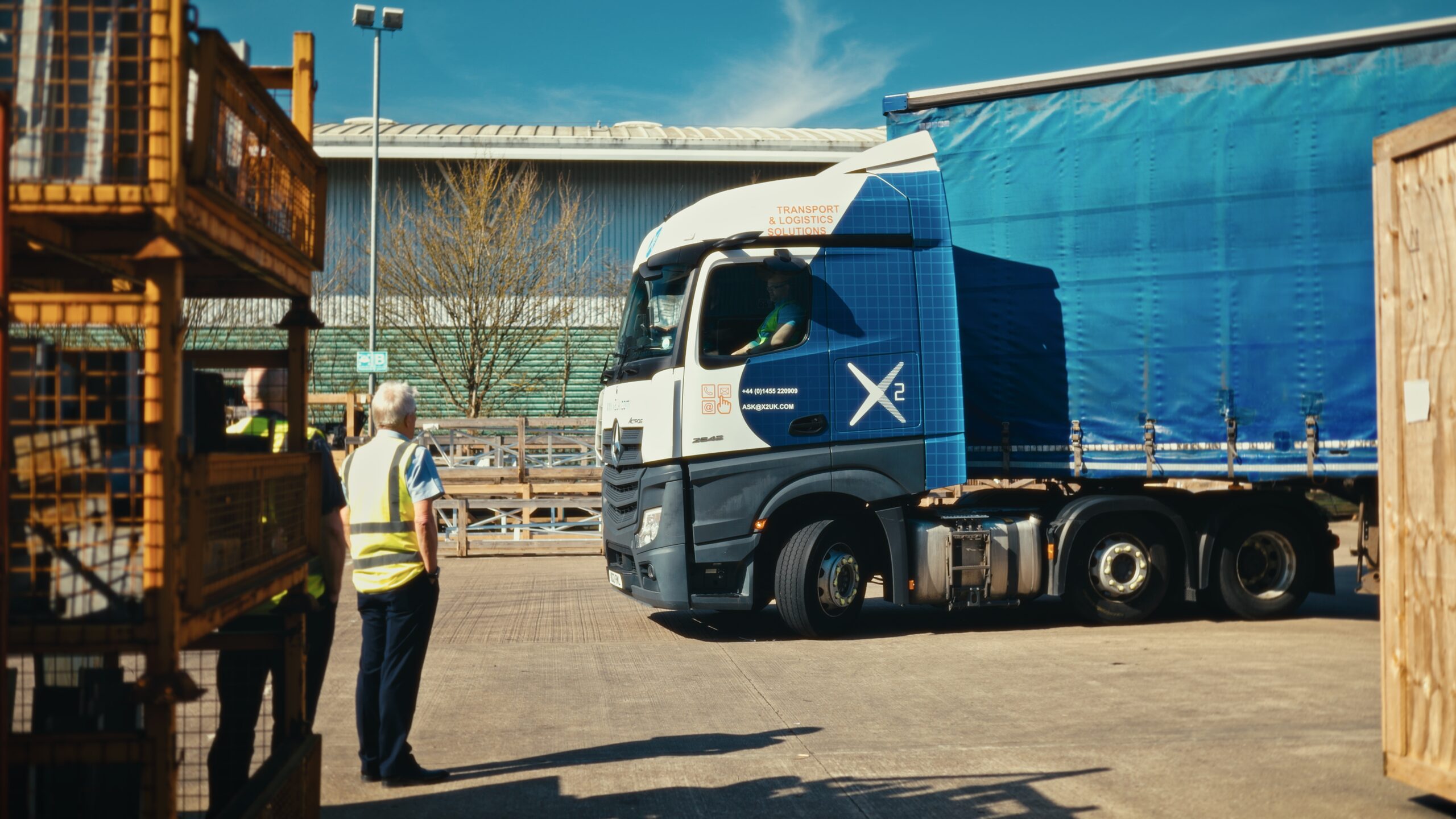
Sustainability has become a pivotal focus in the logistics industry, as companies strive to reduce their environmental footprint while maintaining efficient operations. For 4PL logistics companies like X2 leading the charge in sustainable logistics not only meets growing customer demands but also positions them as innovators in a rapidly evolving market. This blog explores the importance, challenges, innovations, and benefits of advanced sustainability in logistics.
Importance of Sustainable Practices in Logistics
The logistics sector is a vital artery of global commerce, but traditional logistics practices have a significant environmental impact. According to the International Energy Agency (IEA), transportation accounts for nearly 24% of global CO2 emissions [1], with freight transportation being a major contributor. Conventional freight activities rely heavily on fossil fuels, contributing to air pollution, greenhouse gas emissions, and waste generation.
Reducing the carbon footprint and waste along the supply chain is no longer optional; it is imperative. Customers increasingly demand eco-friendly solutions, PwC’s 2024 Voice of the Consumer survey found that more than 80% of consumers are willing to pay more for sustainable brands [2]. For companies like X2, integrating sustainability is essential not only to comply with stricter regulations but also to meet customer expectations for green logistics solutions.
Sustainability in logistics supports circular economy principles, emphasising waste minimisation, resource reuse, and energy efficiency. This drives the entire supply chain towards more responsible environmental stewardship, fostering long-term viability rather than short-term gains.
Challenges Faced in Implementing Sustainable Logistics Solutions
While the urgency to adopt sustainable logistics is clear, the path is not without obstacles. One of the primary challenges is the initial investment cost associated with green technologies and practices. Electric trucks, renewable energy infrastructure, and sustainable packaging solutions require significant upfront capital. Industry estimates suggest the transition to electric vehicle fleets can increase upfront costs by 20-40%, posing budgetary challenges for many logistics firms. [3]
Another key barrier is resistance to change. Established logistics providers often rely on traditional methods optimised over years for cost-efficiency and predictability. Transitioning to newer sustainable practices demands retraining staff, redesigning processes, and overcoming skepticism about reliability and ROI. This slows adoption rates despite the evident environmental benefits.
These challenges require strategic change management. Partnering with stakeholders and leveraging integrated logistics platforms can facilitate smoother transitions, pooling resources and knowledge to overcome resistance and costs collectively.
Innovations and Technologies Driving
Sustainability in the Logistics Sector

Modern technologies are transforming how sustainability goals are achieved in logistics. A few notable advancements include:
- Electric Vehicles (EVs) and Alternative Fuels: The adoption of electric vans and trucks is rapidly increasing, supported by falling battery costs. According to BloombergNEF, EVs could make up 30% of global commercial vehicle sales by 2030 [4]. Alternative fuels like hydrogen and biofuels also offer promising carbon footprint reductions.
- Data Analytics and Artificial Intelligence (AI): Leveraging AI-driven route optimisation reduces mileage and fuel consumption. For example, UPS uses advanced algorithms that have saved 10 million gallons of fuel and prevented the emission of 100,000 metric tons of CO2 annually by optimising delivery routes. [5]
At X2, after delivering a load, we strategically plan return journeys to cut down on empty miles, lower fuel usage, and reduce carbon emissions without delaying your shipments. Studies show return journeys can cut carbon emissions by up to 25%, with potential savings reaching as high as 42% in certain routing scenarios. [6]
Benefits of Embracing Sustainable Logistics for Businesses and the Environment
Adopting sustainable logistics practices yields tangible benefits across multiple dimensions:
- Cost Savings: Reduced fuel consumption through optimised routing and the use of EV fleets lowers operational expenses. Research shows that companies adopting sustainability measures save 5-15% in fuel costs.
- Enhanced Brand Reputation: Customers, investors, and partners increasingly value environmental responsibility. Companies with strong sustainability credentials enjoy greater brand loyalty, attracting eco-conscious clients and differentiating themselves in a competitive market.
- Positive Environmental Impact: By lowering emissions, reducing waste, and minimising resource use, sustainable logistics contribute directly to climate change mitigation and environmental preservation. This aligns with global commitments like the Paris Agreement, incentivising companies to play their part.
Navigating the green route in logistics is complex but essential. For X2 and similar companies, advanced sustainability practices not only address pressing environmental challenges but also create significant business value. By overcoming cost and cultural barriers through innovative technologies and collaboration, the logistics sector can pave the way for a greener and efficient future delivering goods with responsibility.
For more information, get in touch.
